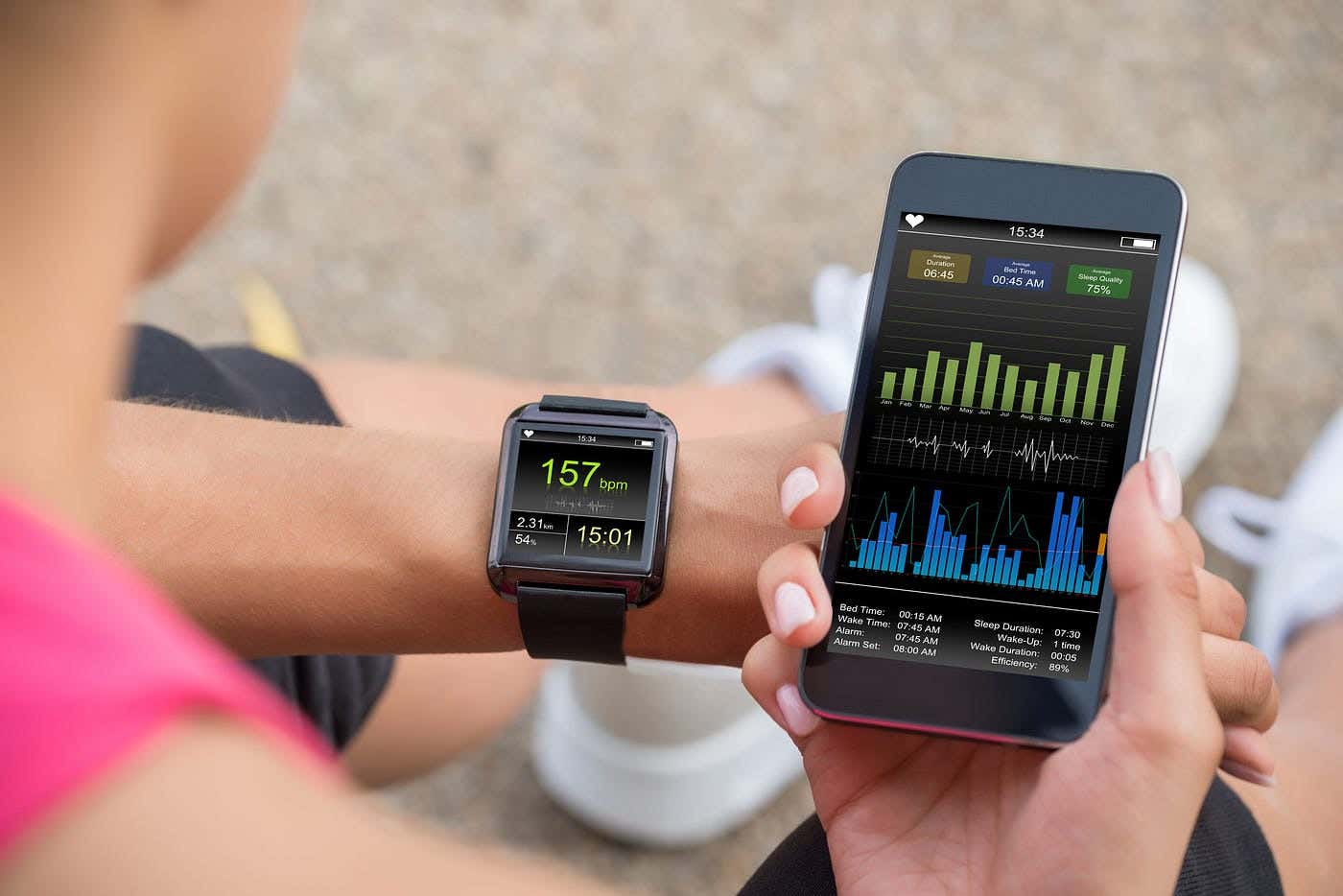Could wearable devices adversely affect your health?
Using a wearable device, such as a smartwatch, to track health data and symptoms is meant to help you monitor and improve your health

For those with atrial fibrillation (Afib), using such devices to monitor heart rate and alert you to an irregular heartbeat may not be as beneficial as you might think. (CREDIT: Creative Commons)
Using a wearable device, such as a smartwatch, to track health data and symptoms is meant to help you monitor your health and address symptoms quickly, aiming for positive health outcomes. However, for those with atrial fibrillation (Afib), using such devices to monitor heart rate and alert you to an irregular heartbeat may not be as beneficial as you might think.
A groundbreaking study published in the Journal of the American Heart Association, led by Dr. Lindsay Rosman, assistant professor of medicine in the division of cardiology at the University of North Carolina School of Medicine, reveals that these wearables can significantly increase anxiety and healthcare use among Afib patients.
The study involved 172 patients from UNC Health who had been diagnosed with Afib. These patients completed a survey, and their information was linked to electronic health records. Approximately half of the participants used a wearable device, and their data was compared to those without one.
The findings showed that Afib patients who use wearables are more likely to be preoccupied with their heart symptoms, express concerns about their treatment, and utilize healthcare resources more frequently than those without such devices. This trend also affected healthcare providers and clinics, as wearable users were more likely to call clinics and send messages to their providers.
One significant finding was that 1 in 5 Afib patients using wearables experienced intense fear and anxiety when receiving irregular rhythm notifications. A similar proportion routinely contacted their doctors about abnormal ECG results, unsure if they genuinely needed medical attention. It's also uncertain whether the anxiety reported by patients worsened their symptoms, although anxiety is known to exacerbate various conditions, including Afib.
Related Stories
Dr. Rosman emphasized the need for further research: “Given the significant increase in use of wearable devices in this patient group (and the population in general), we believe prospective studies and randomized trials are needed to understand the net effects of wearables – including their alerts – on patients’ healthcare use and psychological well‐being, as well as the downstream effects on providers, hospitals, and health systems.”
This study highlights the complexities of integrating technology into healthcare, especially for managing chronic conditions like Afib. While wearables offer the promise of real-time health monitoring, their impact on mental health and healthcare resource use warrants careful consideration.
Positive effects for patients with Afib that use wearable devices
Wearable devices also offer several positive effects for patients with atrial fibrillation (Afib), enhancing their health management and quality of life. Here are some key benefits:
1. Early Detection and Monitoring
- Continuous Monitoring: Wearable devices continuously track heart rhythms, allowing for early detection of Afib episodes, which might otherwise go unnoticed.
- Real-Time Alerts: Many devices provide real-time alerts when irregular heart rhythms are detected, prompting timely medical intervention.
2. Improved Management
- Medication Adherence: Reminders and notifications from wearable devices can help patients adhere to their medication schedules, improving overall treatment efficacy.
- Lifestyle Adjustments: Data from wearables can inform patients about how their lifestyle choices, like exercise and diet, affect their heart health, encouraging healthier habits.
3. Enhanced Communication with Healthcare Providers
- Data Sharing: Patients can share their heart rhythm data with healthcare providers, facilitating more informed and personalized care.
- Remote Monitoring: Doctors can remotely monitor patients' conditions, reducing the need for frequent office visits and allowing for quicker response to any issues.
4. Reduction in Hospitalizations
- Preventive Care: Early detection and timely management of Afib episodes can prevent complications such as stroke, reducing the likelihood of hospitalizations.
- Chronic Disease Management: Continuous monitoring helps in managing Afib as a chronic condition, potentially leading to fewer acute episodes requiring emergency care.
5. Empowerment and Peace of Mind
- Patient Empowerment: Wearable devices empower patients by giving them more control and awareness over their health, leading to increased engagement in their care.
- Peace of Mind: Knowing that their heart rhythms are being continuously monitored provides peace of mind to patients, reducing anxiety related to their condition.
6. Data-Driven Insights
- Personalized Insights: Wearable devices collect vast amounts of data, providing personalized insights that can help patients understand their condition better and make informed decisions about their health.
- Long-Term Trends: Analyzing long-term data trends can help in adjusting treatment plans and making proactive changes to prevent future Afib episodes.
7. Encouragement of Physical Activity
- Activity Tracking: Many wearables track physical activity levels, encouraging patients to stay active, which can improve cardiovascular health and reduce the severity of Afib symptoms.
Future research will be crucial in determining how to optimize the benefits of wearables while minimizing potential drawbacks, ensuring that these devices support overall well-being without contributing to additional stress or unnecessary medical consultations.
Note: Materials provided above by the The Brighter Side of News. Content may be edited for style and length.
Like these kind of feel good stories? Get the Brighter Side of News' newsletter.
Joseph Shavit
Head Science News Writer | Communicating Innovation & Discovery
Based in Los Angeles, Joseph Shavit is an accomplished science journalist, head science news writer and co-founder at The Brighter Side of News, where he translates cutting-edge discoveries into compelling stories for a broad audience. With a strong background spanning science, business, product management, media leadership, and entrepreneurship, Joseph brings a unique perspective to science communication. His expertise allows him to uncover the intersection of technological advancements and market potential, shedding light on how groundbreaking research evolves into transformative products and industries.



